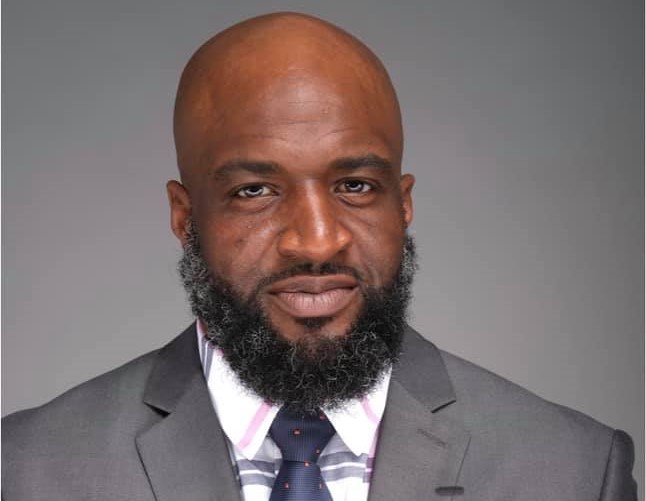
New Poll: Black Parents Far Less Likely To Want Children Back in School, or Even Have the Choice
March 3, 2021
Meet Chika OgbuokIrI, Seventh Grade Poet at Camden’s KIPP Lanning Square Middle School!
March 4, 2021MCKENNA: Whatever You Think About School Closures, Here’s How To Be Heard in Your District
Laura McKenna is a New Jersey parent of two teenage boys, one currently studying at Rutgers University and the other a high school student with autism. She has been a special ed teacher in the South Bronx, a grad student, a policy research, a college professor, a blogger, a PTA officer, and an education writer. You can find her here.
Many parents think the best way to help their kids survive a public school system with competing interests and dwindling resources is to volunteer for PTAs and to provide tons of unpaid labor for the schools, which can be later traded for certain advantages for their particular kids — entrance into a specialized program or choice of better teachers. Over time, I’ve found that speaking at school board meetings is a more effective tool, especially when the goal is help all kids, not just your kid.
Next Monday, I plan to talk at our school board meeting about the need for an 18-21 program in our town and how their proposed plan could be better. Other times, I’ve spoken out about the impact of school closures on academics, an audit of our special education program that did not get attention, and the appropriate usage of particular federal funds.
In the past week, there’s been a lot of buzz about parents and school closures. Are parents happy with how their school has handled the pandemic? How many parents are unhappy with the status quo? Will parents pressure schools to reopen? Parents at a nearby town in New Jersey have been protesting their school closures, but they may not represent all parents in our country.
I’m not going to weigh in on parents and school closures right now, because I haven’t been satisfied with any of the polling data yet. I have no clue what the majority of parents think.
However, I do think that parents must be involved in education. Schools in our country are run by government and are, therefore, responsible to parents and residents. As a former political scientist, I believe that all political participation is a good thing and that we must encourage folks to be involved in all levels of government, from national politics to the humble school board meeting.
So, let’s say you have thoughts about your kid’s or your neighbor’s education. Like me, you have concerns that twirl through your mind at 2:00 am. I want you to talk at your local school board meeting about these thoughts, opinions, or concerns. So, how should you do it? How can you be most effective?
Here are some tips:
- Educate yourself about how your local school board meeting works. Go to your school district’s webpage. They usually video tape the meetings and put them on YouTube. Fast forward through a meeting to get a sense of who’s who and how they usually run their meetings. School boards must open up discussion to the public at least one or twice during the meeting. Get a sense of when this usually happens (for us, it’s usually at the beginning and the end of the meeting).
- Learn how they are handling public input during COVID. Are parents allowed to attend the meeting? Or do they use Zoom or another virtual platform?
- Prepare your speech ahead of time. Actually jot down some notes. Usually community input is limited to about three minutes, which equals about a page and a half of words. Even those with a lot of experience with public speaking need an outline to guide them, when they are in the spotlight.
- Be professional. If you want these folks to adopt your plans, you must appear to be serious. Do not curse or get angry. If your town allows in-person meetings, then wear nice clothes.
- Do your homework. School board members are volunteers with day jobs. They don’t have the time to do their research on every topic related to schools. So, help them out. Show up with numbers, research, and facts that they can use as they make decisions. After your speech, e-mail those numbers to them.
- Don’t just criticize, offer solutions. If you have a problem with the status quo, take some time to propose alternatives — low cost ideas are always best — for the board to consider.
- Always thank the school board members and administrators for their work with kids. It’s not an easy job, and they work hard, so give them props.
Even if you are unsuccessful in making a change, participating in school board meetings is an empowering event, as all acts of participation are. You’ll actually feel great after doing it. In addition, participating in school politics can be an on-ramp to higher political office, particularly for women. If you find that you love speaking at school board meetings, then perhaps you should get involved in politics in other ways.
So, start writing those speeches, people. And let me know how it goes.




